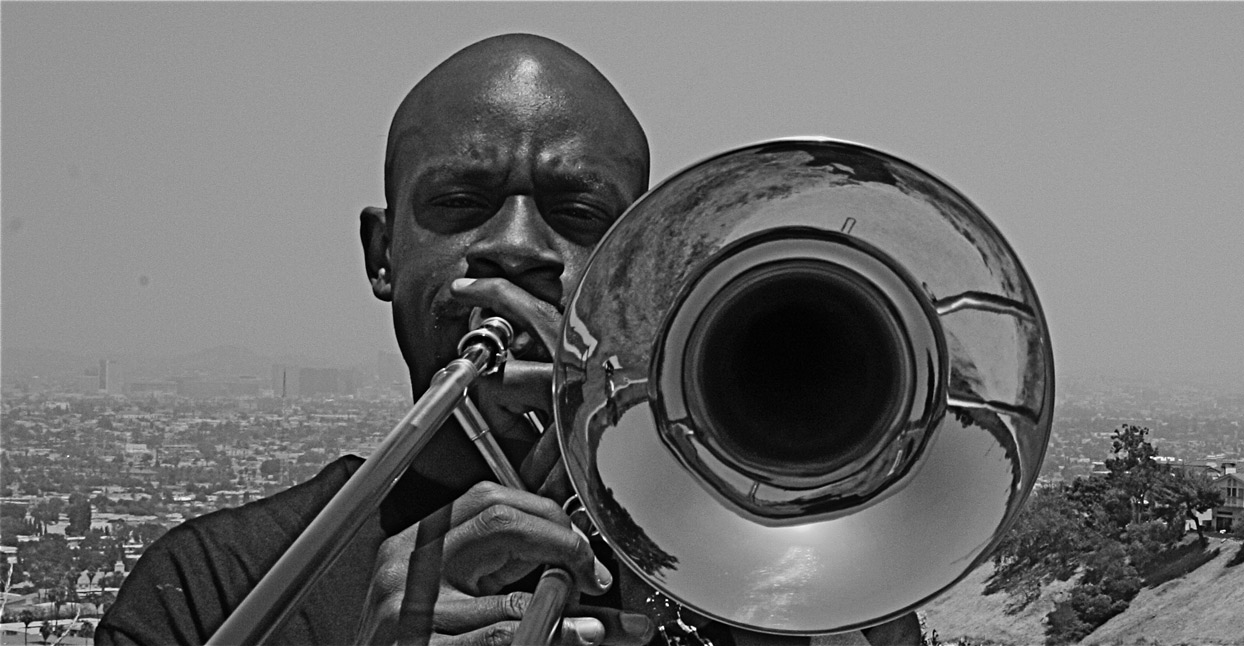 Photos by Aaron Haggerty
Photos by Aaron Haggerty
Ryan “Papa” Porter can’t stop moving. A native and longtime resident of L.A., Porter recently moved to Washington, D.C. “My girlfriend is doing a clerkship at D.C. Superior Court,” explains the 39-year-old trombonist. “So that’s where I’ll be at through next July.”
In theory, anyway. Porter is speaking from London, where he is on tour with saxophonist Kamasi Washington, his co-founder for the influential L.A. jazz fusion collective the West Coast Get Down. He won’t be settling into D.C. immediately after that, either; he’ll be heading out on tour in support of his own new recording, Force for Good.
Porter’s music travels many of the same paths as Kamasi Washington’s. In fact, the saxophonist is Porter’s frontline partner on Force for Good as well as his two previous albums, 2017’s Spangle-Lang Lane and 2018’s The Optimist. “There’s something magical about the way Ryan and Kamasi play a line together,” says bassist Miles Mosley, another Get Down member who also plays on all Porter’s albums. “Kamasi leans forward and Ryan leans back in this perfect amount so that the two of them sound like there are four of them. Those two, their minds are so well melded.”


Which doesn’t mean that their music sounds the same. “Ryan’s music seeks to bring out the brightness in life,” Mosley says. “It’s pleasant, sultry. I’ve never heard anybody write instrumental music like that before. Ryan Porter writes luxurious music. It makes you feel better about your day.”
Porter’s music is centered around acoustic jazz, heavily laced with Latin, funk, R&B, and hip-hop. He’s fluent in all of these languages, a requirement for working on the L.A. music scene, where the vast array of available studio sessions, as well as opportunities in film and television production, means a musician needs to be able to shift genres on a dime depending on the needs of the project. Porter’s on-the-job training included sessions with Snoop Dogg, Stevie Wonder, Nick Cave & the Bad Seeds, and the Clayton-Hamilton Jazz Orchestra, as well as the house bands of American Idol and The Voice.

“Growing up in South Central, I never wanted to be anything but a jazz musician. I used to dress up as one for Halloween!” he says. “But there was never a time when I wanted to only play jazz. It was always important to me to be as versatile as possible.”
That attitude served him well growing up in cosmopolitan L.A., surrounded by myriad cultures and musical traditions, even as he played with the future Get Down members in the Multi-School Jazz Band (led by musician and educator Reggie Andrews, Porter’s most important mentor). It isolated him, however, when he matriculated at Manhattan School of Music in 1997. “What I found in New York was a whole lot of purists: People who wanted to just be jazz musicians,” he says. “I don’t think we made much sense to each other.”
After studying with trombone masters Steve Turre and David Taylor, Porter happily returned to L.A. after graduating in 2001, with an offer to play behind Snoop Dogg. After two years, he transferred to Lauryn Hill’s band. Meanwhile, he established himself as a freelance musician.
He also helped build a scene out of late-night jam sessions at Piano Bar in Hollywood, where he and the other members of the Get Down would jam on their own compositions. The tunes that Porter had written for these workouts became the basis of The Optimist, which the collective recorded in 2008 and 2009. “I was optimistic about Barack Obama’s election as president,” he says, “but also optimistic that this music, even without a record deal, was going to reach the world.” It would take 10 years to do so.
That recording prefigured the now-famous “KSL sessions” of December 2011, in which the Get Down sequestered themselves in an Echo Park studio for a month, recording nearly 200 tracks of each other’s music. Porter’s yield from the sessions was an album of reimagined, contemporized children’s songs that he dubbed Spangle-Lang Lane. (Porter was also the first of the group to become a father—hence his new nickname Papa.)
The contributions of Get Down members to rapper Kendrick Lamar’s acclaimed, jazz-embracing 2015 album To Pimp A Butterfly opened the door for their own statements. First came Washington’s The Epic, drawn from the KSL sessions; it put a spotlight on the collective around him. In 2017 came a flurry of other releases, among them Spangle-Lang Lane, Porter’s debut. He followed it in 2018 with the decade-old The Optimist.
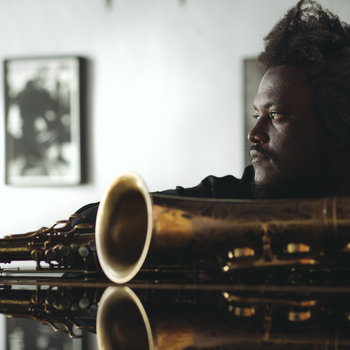
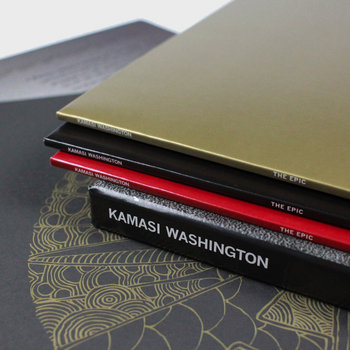
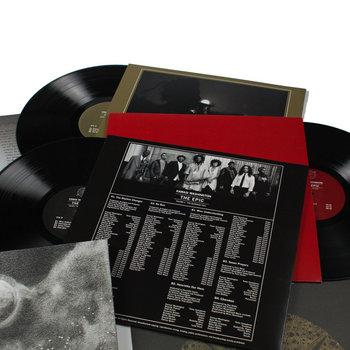
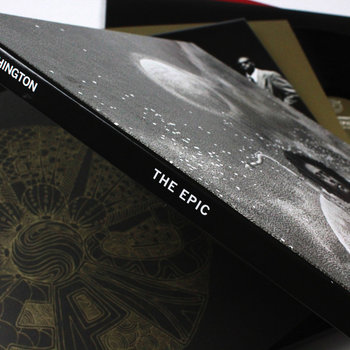
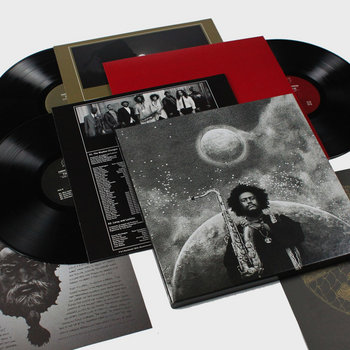
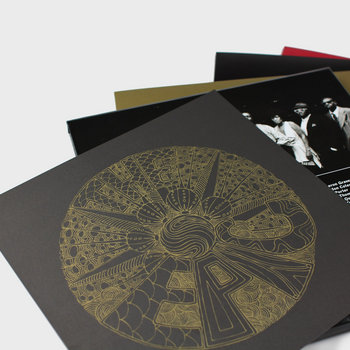

Compact Disc (CD), Vinyl LP




By then, Porter was already chest-deep into Force for Good. Like its predecessors, the album came out of a long process. It was recorded over five years, in between the musicians’ various other gigs, at various L.A. locations. The jazz tradition of making an album in a single day is not for Porter. “I could record that way,” he says, “but I’d much rather do it so that everybody has time to work on the music. That way, when we get into the studio, I don’t have to give them much direction.”
True to form, now that he’s unleashed Force for Good, Porter’s already begun the next project. “I love poetry,” he says, “and I’ve been thinking of ways to combine some of my favorite poems with music. I’m developing how it should sound, and who should handle the vocals.” It’s what he’ll no doubt be hard at work on when he finally moves into his temporary D.C. digs.
Like Porter himself, his music is going places.







